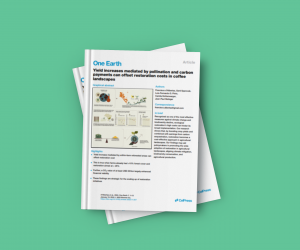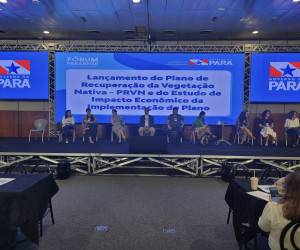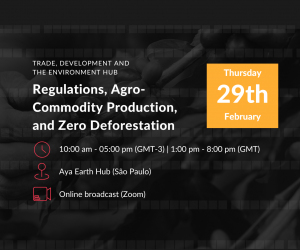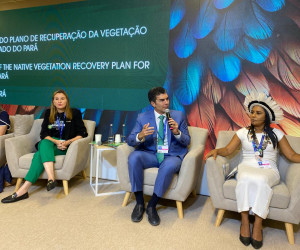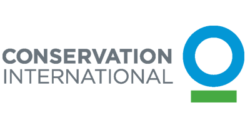Publications > Summary
Holistic spatial planning is imperative to operationalise transformative goals: recommendations for the post-2020 Global Biodiversity Framework
The International Institute for Sustainability (IIS) led a multi-institutional group of experts on a study that will support the negotiations of the 15th United Nations Convention on Biological Diversity Conference of the Parties (COP-15). The research used integrated modeling to better allocate nature restoration, conservation, and conversion actions, seeking to maximize the results of biodiversity conservation, maintenance of ecosystem services, and nature’s contributions to people. 2050 projections on agriculture, urban expansion, population growth, and climate change were considered, in addition to the goals and action targets of the first draft of the Post-2020 Global Biodiversity Framework (CBD/WG2020/3/3).
This policy brief summarizes the study’s findings and recommendations. These are the key messages:
- It is possible to halt and potentially reverse biodiversity decline, but strong efforts to tackle different threats should be taken simultaneously. Even more so because the relative importance of each threat, such as the over-exploitation of natural resources, land use, and climate change, is likely to change in the future.
- Holistic spatial planning, which considers the full range of resources and indicators and the blend of management actions at national and global scales, is key to achieving positive outcomes for people and nature, and integrating the goals of the post-2020 Global Biodiversity Framework with the achievements of the Glasgow Climate Pact and the Sustainable Development Agenda.
- Meeting increasing food demands while supporting biodiversity protection through ecosystem conservation and restoration is a formidable challenge. Sustainably increased food production, while reducing the overall land footprint, and incorporation of environmental sustainability standards in trade agreements and supply chains are among the factors that must be addressed with substantial effort.
The CBD Secretariat published the document to support the discussion at the Open-ended Working Group (OEWG) meetings on the post-2020 Global Biodiversity Framework.

